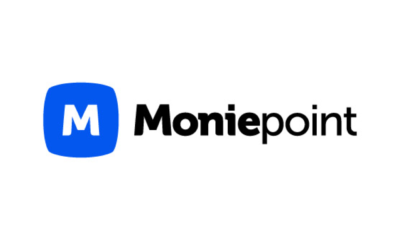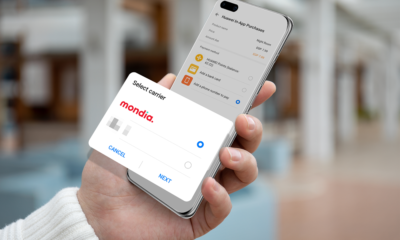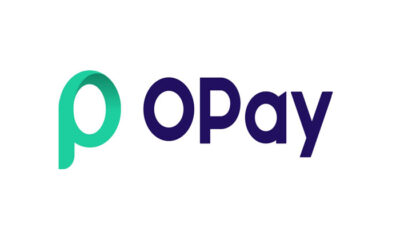Carbon Finance, a Nigerian fintech startup that provides access to basic financial services, has partnered with Carepay a healthcare startup to provide its customers with discounted services on their healthcare needs.
Through this partnership with Carepay in an effort to improve access to healthcare services, Carbon Finance will offer support to customers by offering discounts when payment is made with their Carbon debit cards within the designated Carepay healthcare provider network. These discounts will be received in the form of cashback to their Carbon accounts.
Speaking about the partnership, Carbon’s Co-Founder Chijioke Dozie Said, “This partnership is a milestone accomplishment as it’s the first brand association of CarePay’s healthcare discount program with a Nigerian fintech company.”
“At Carbon, we believe our consumers deserve only the best, that’s why we are leveraging a powerful partnership to eliminate financial drawbacks and limitations to accessing quality healthcare. This is one of the many ways we at Carbon show customers we care.”
Also speaking on the partnership, CarePay Nigeria’s Managing Director Yomi Sule said, “This partnership with Carbon is a validation of our healthcare discount business model which allows financial service enterprises to embed healthcare benefits such as discounts, cash backs, and telehealth into their value proposition in order to drive affordability of healthcare services for their customers and brand loyalty for the enterprises.”
“CarePay’s innovative healthcare discount program, which is the first of its kind in Nigeria, has a preferred provider network that includes leading healthcare merchants such as MedPlus Pharmacy, Synlab, Outreach Hospital Group, Smile360 Dental, Lily Hospital Group, Exclusive Dental, Amara Medicare, Shield specialist hospitals, Pure Snow Dental, Bethel Dental, Optilens eye clinic, and hundreds more, from which the discount program subscribers can access sizable discounts negotiated by CarePay.”
“Providing more context to the many benefits that Carbon customers stand to benefit from, Sule also positioned that, “With only 10 million Nigerians, which is less than 5 percent of the population currently covered by health insurance, this creates a great concern.
“By partnering with Carepay, Carbon Finance will offer cashback in form of healthcare discounts to their debit card customers. Healthcare should be affordable, and with a Carbon debit card, customers stand to enjoy up to 25% cash back at designated healthcare providers enlisted in the CarePay healthcare discount program”.
It should be recalled that in 2021, Investors King had reported that Carbon Finance processed ₦96.54 billion ($240 million) payments in 2020.
















